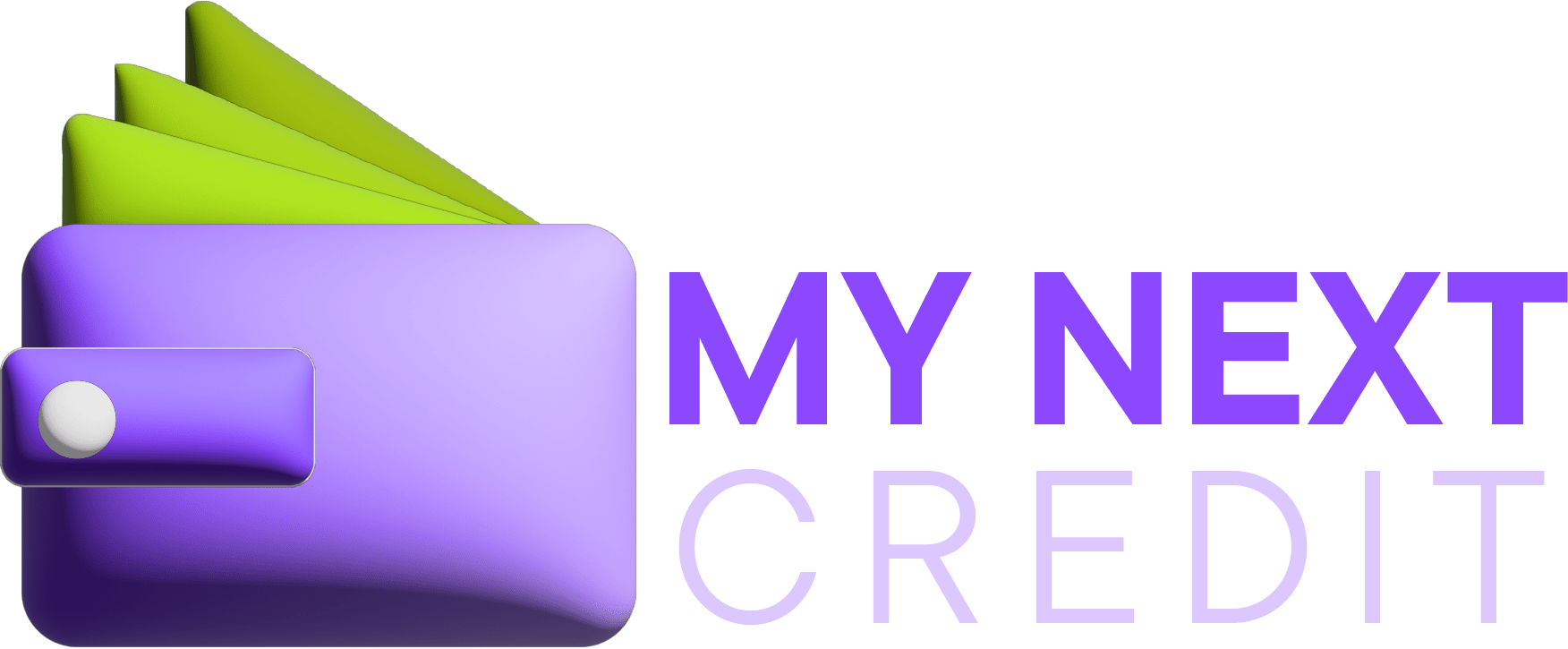Credit cards can be valuable financial tools, offering convenience and flexibility in managing expenses. However, if not used responsibly, they can lead to unwanted debt and financial strain. In the United States, where credit card usage is prevalent, it’s essential for consumers to adopt strategies to avoid accumulating excessive debt.
In this article, we’ll explore practical tips to help individuals steer clear of unwanted credit card debt and maintain financial stability. While credit cards offer convenience and rewards, it’s crucial to use them judiciously to avoid falling into a cycle of debt. By following these tips, consumers can take control of their finances and enjoy the benefits of credit cards without the burden of excessive debt.
Tips to Avoid Unwanted Credit Card Debt

Create a Budget and Stick to It
One of the most effective ways to avoid credit card debt is to establish a budget and adhere to it diligently. Start by tracking your monthly income and expenses, including fixed costs such as rent or mortgage payments, utilities, and groceries, as well as discretionary spending.
Allocate a specific amount for credit card payments and ensure that your expenses do not exceed your income. By living within your means and prioritizing essential expenses, you can prevent overspending and minimize the risk of accumulating debt.
Pay Your Balance in Full Every Month
To avoid accruing interest charges and accumulating debt, aim to pay your credit card balance in full each month. By paying the full statement balance by the due date, you can avoid interest charges on purchases and maintain a healthy credit utilization ratio.
If paying the full balance is not feasible, strive to pay more than the minimum payment to reduce the principal balance and minimize interest accrual. Making timely and substantial payments can help you avoid falling into the trap of revolving credit card debt.
Use Credit Wisely and Responsibly
While credit cards offer convenience and purchasing power, it’s essential to use them wisely and responsibly. Avoid impulse purchases and unnecessary expenses, and carefully consider whether a purchase is within your budget before charging it to your credit card.
Additionally, be mindful of your credit limit and avoid maxing out your cards, as high credit utilization can negatively impact your credit score and increase the risk of debt accumulation. By exercising restraint and prudence in your credit card usage, you can mitigate the likelihood of falling into debt.
Monitor Your Credit Card Statements Regularly
Regularly reviewing your credit card statements can help you identify any unauthorized or fraudulent charges promptly. By monitoring your transactions and verifying them against your records, you can detect any discrepancies or suspicious activity and take appropriate action to address them.
Promptly reporting any unauthorized charges to your credit card issuer can help protect you from liability and prevent fraudulent charges from accumulating and contributing to debt.
Avoid Cash Advances and High-Interest Transactions
While credit cards offer the convenience of cash advances, they often come with high fees and exorbitant interest rates. Avoid using your credit card for cash advances or high-interest transactions whenever possible, as these transactions can quickly accumulate debt and lead to financial hardship.
Instead, explore alternative sources of funding for emergency expenses or consider setting up an emergency savings fund to cover unexpected costs without resorting to credit card debt.
Limit the Number of Credit Cards
While having multiple credit cards can offer flexibility and rewards, it can also increase the temptation to overspend and accumulate debt. Limit the number of credit cards you have to only those you need and can manage responsibly. By reducing the number of cards in your wallet, you can streamline your finances and minimize the risk of overspending.
Set Up Alerts and Notifications
Take advantage of the alert and notification features offered by credit card issuers to stay informed about your account activity. Set up alerts for large transactions, unusual spending patterns, or approaching due dates to help you stay on top of your finances and avoid missed payments or fraudulent activity.
By staying proactive and informed, you can prevent potential financial pitfalls and maintain control over your credit card accounts. Maintaining financial health and avoiding unwanted credit card debt requires discipline, diligence, and sound financial management practices.
By creating a budget, paying your balance in full each month, using credit wisely, monitoring your statements regularly, and avoiding high-interest transactions, you can mitigate the risk of falling into debt and achieve greater financial stability. Remember, responsible credit card usage is key to enjoying the benefits of credit cards while safeguarding your financial well-being.
